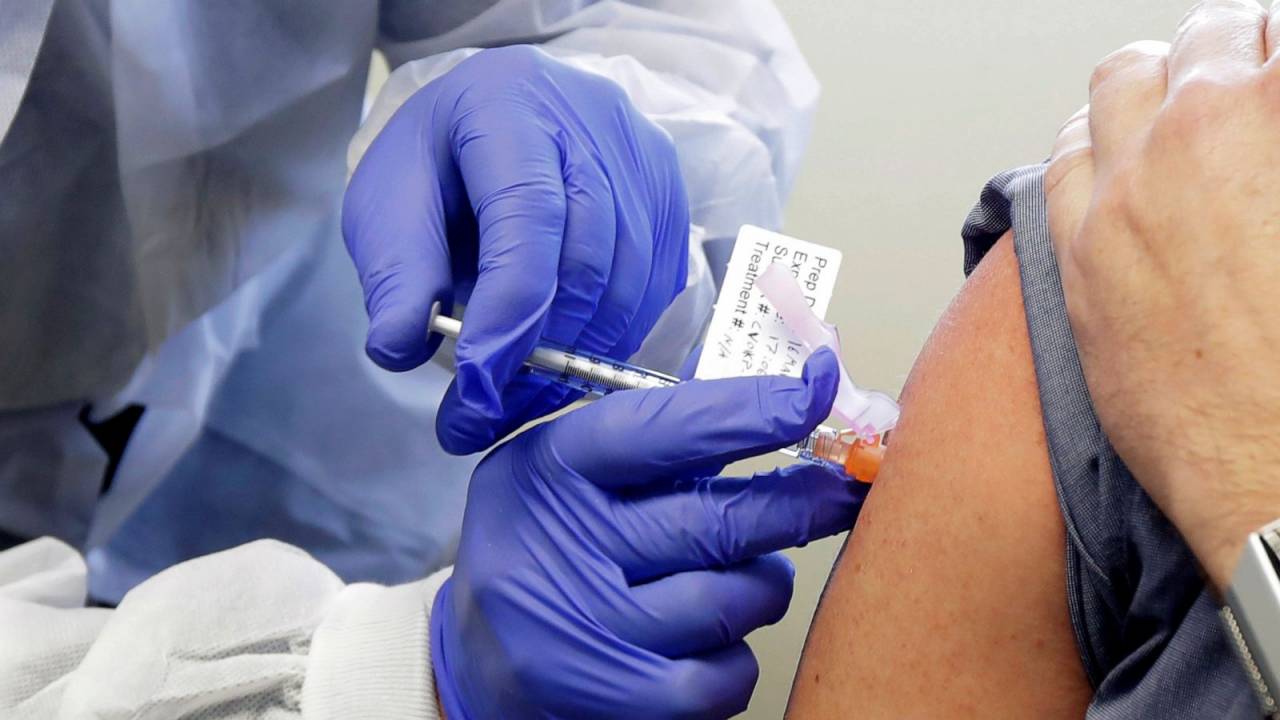Pharma majors Pfizer and BioNTech have said that the US government has agreed to pay $1.95 billion for 100 million doses of a potential Covid-19 vaccine jointly developed by them, according to a statement issued on Wednesday.
The vaccine is yet to be manufactured and authorized by the US Food and Drug Administration (FDA). The US government can also acquire up to an additional 500 million doses, said US-based Pfizer and Germany-based BioNTech.
“Depending on the success in clinical trials, today’s agreement will enable the delivery of approximately 100 million doses of this vaccine to the American people,” Alex Azar, Secretary, US Department of Health and Human Services, said in a statement.
Americans will receive the vaccine for free, consistent with the US government’s commitment for free access to Covid-19 vaccines. “We made the early decision to begin clinical work and large-scale manufacturing at our own risk to ensure that the product would be available immediately if our clinical trials prove successful and an Emergency Use Authorisation is granted,” Albert Bourla, Pfizer Chairman and CEO, said in a statement.
“We are honored to be a part of this effort to provide Americans access to protection from this deadly virus,” the statement added.
The BNT162 programme is based on BioNTech’s proprietary mRNA technology and is supported by Pfizer’s global vaccine development and manufacturing capabilities. The BNT162 vaccine candidates are undergoing clinical studies.
“We are also in advanced discussions with multiple other government bodies and we hope to announce additional supply agreements soon. Our goal remains to bring a safe and effective Covid-19 vaccine to many people around the world, as quickly as we can,” said Ugur Sahin, CEO and Co-founder of BioNTech.
The Pfizer/BioNTech vaccine development programme is evaluating at least four experimental vaccines, each of which represents a unique combination of messenger RNA (mRNA) format and target antigen.
On July 1, Pfizer and BioNTech announced preliminary data from BNT162b1, the most advanced of the four mRNA formulations.
The early data demonstrates that BNT162b1 is able to produce neutralising antibodies in humans at or above the levels observed in the plasma from patients who have recovered from Covid-19, and this was shown at relatively low dose levels.
Local reactions and systemic events were dose-dependent, generally mild to moderate, and transient. No serious adverse events were reported.
On July 20, the companies announced early positive update from German Phase 1/2 Covid-19 vaccine study, including first T Cell response data.
Recently, two of the companies’ four investigational vaccine candidates (BNT162b1 and BNT162b2) received Fast Track designation from the US FDA.
This designation was granted based on preliminary data from Phase 1/2 studies that are currently ongoing in the US and Germany as well as animal immunogenicity studies.
Further data from the ongoing Phase 1/2 clinical trials of the four vaccine candidates will enable the selection of a lead candidate and dose level for an anticipated large, global Phase 2b/3 safety and efficacy study that may begin as early as later this month, pending regulatory approval.
If the ongoing studies are successful, Pfizer and BioNTech said they expect to be ready to seek Emergency Use Authorisation or some form of regulatory approval as early as October 2020.
The companies currently expect to manufacture globally up to 100 million doses by the end of 2020 and potentially more than 1.3 billion doses by the end of 2021, subject to final dose selection from their clinical trial.


















Discussion about this post